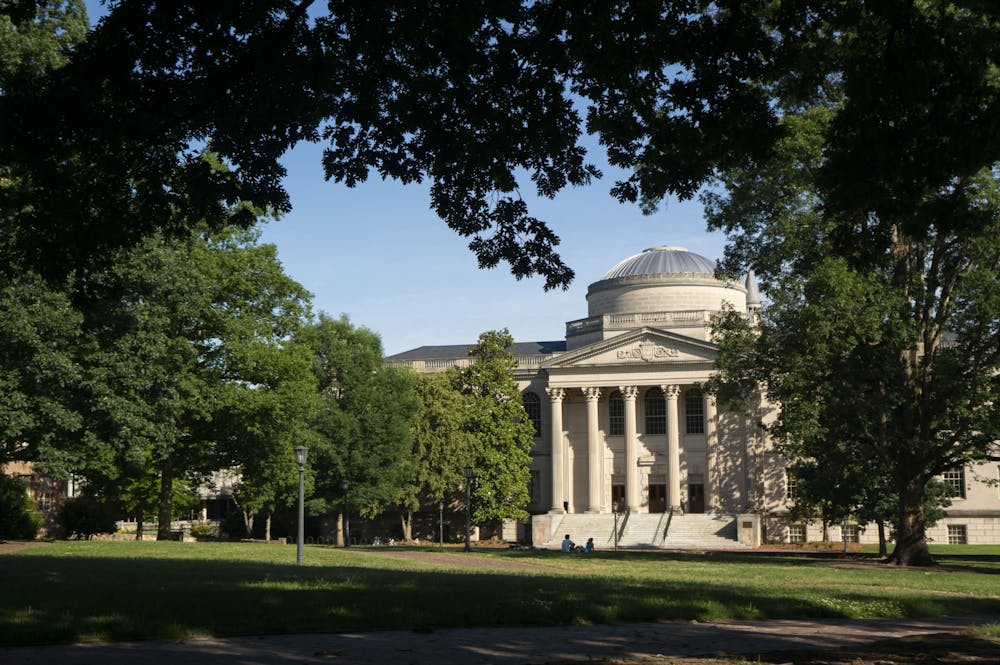It’s been 10 years since the beginning of the NCAA's investigation into academic fraud at UNC. While there were no sanctions imposed as a result of the investigation, it sparked a conversation surrounding academic integrity and the compensation of college athletes.
The scandal began with allegations from tutors at UNC that departments offered “paper courses" — classes open to any student, but generally benefited athletes to maintain eligibility. From 1993 to 2011, many UNC athletes received high grades for classes that were never actually held in person and didn’t require any tests or assignments, according to The News & Observer and outside investigations.
The NCAA conducted an independent investigation, and the University’s accreditation body placed UNC on probation. However, they found the incomplete record they received from UNC wasn’t enough to prosecute the case. This made it impossible to conclude that academic fraud occurred.
Still, the decade-long scandal cost UNC almost $18 million in legal costs surrounding the NCAA investigation, lawsuits filed by former athletes, public relations expenditures and law firms representing the University.
Since no incriminatory evidence was found, there have been few systemic changes. But, the investigation did have a major conclusion: The NCAA was not, and is not, designed to judge the legitimacy of academic programs at individual institutions. It is up to universities to regulate academic arrangements for their athletes.
But how can an institution that relies heavily on the revenue of its students be expected to simultaneously govern over them fairly?
While the University suffered financially and in the public eye, the collateral damage extended to instructors, students and athletes at North Carolina.
Until recently, NCAA athletes were not allowed to be paid as collegiate athletes. Over 56 percent of men’s basketball players and 48 percent of men’s football players were Black in 2020, according to NCAA Division I data. It was clear wealthy university administrations were making a profit on the backs of these minority athletes. Many students were being sent back to the community they came from without a legitimate degree.
College athletes, although complicit in whatever may have occurred, are not to blame. Athletes at UNC are pawns of the educational system — they are expected to silently abide by the rules of the system to maintain eligibility and play the sports they were recruited for.




